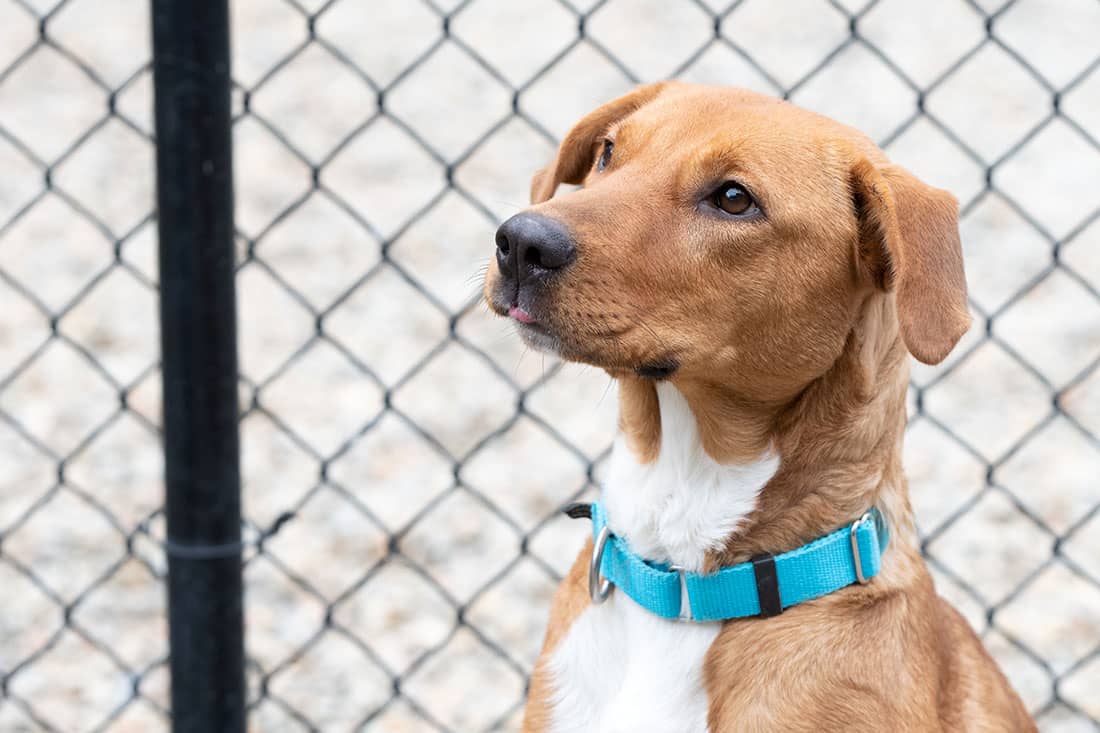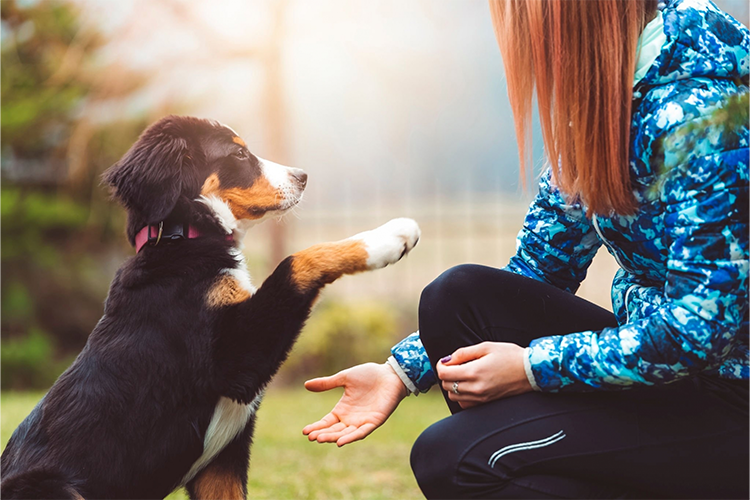Transform Your Pet with These Professional Dog Training Tips
Transform Your Pet with These Professional Dog Training Tips
Blog Article
Important Tips for Successful Dog Training: A Guide for Family Pet Owners
Effective canine training is a multifaceted procedure that requires a calculated method customized to both the family pet's personality and the proprietor's goals. Comprehending just how to browse these challenges can significantly boost the training experience, inevitably changing the relationship in between proprietor and pet dog.
Understanding Dog Habits
Recognizing pet dog actions is necessary for reliable training and fostering a harmonious relationship in between dogs and their proprietors. dog training. Pet dogs communicate mostly via body language, vocalizations, and actions, making it critical for proprietors to analyze these signals properly.

Socialization plays a significant function in canine behavior; direct exposure to numerous atmospheres, people, and other pets can significantly influence a dog's temperament. Furthermore, elements such as type features and individual personality must direct training approaches, as some breeds may have certain behavior qualities that require tailored approaches. By comprehending these elements, owners can produce an encouraging environment that urges positive actions, causing effective training results and a deeper bond with their animals.
Establishing Consistent Commands
Reliable communication with your pet starts with developing regular commands. This foundational element of training is crucial for fostering understanding in between you and your pet dog. Uniformity in the commands you make use of guarantees that your dog can accurately link certain words or phrases with the wanted habits.
When choosing commands, select clear, distinct words that are easy to claim and distinguish from one an additional. Avoid using similar-sounding commands that might confuse your pet dog. For instance, utilizing "sit" and "stay" is suitable, yet "rest" and "hit" might cause misconceptions.
Additionally, maintain the very same tone and volume for each and every command. Pets are delicate to vocal cues, so differing your tone can produce confusion.
It is just as crucial to make certain that all member of the family get on the same page pertaining to the commands made use of. A united front in command usage will avoid blended signals and strengthen the learning procedure.
Favorable Reinforcement Methods
The power of favorable support in pet dog training lies in its capacity to motivate desired actions through incentives and appreciation. This technique is based in the principle that actions complied with by desirable results are most likely to be repeated. By including positive support into your training regimen, you can efficiently shape your pet's behavior in a positive way.
To carry out positive support, it's important to determine what encourages your canine, whether it be deals with, toys, or verbal appreciation. When your dog does a desired action, such as remaining on command, promptly reward them with a treat or love. This association between the command and the favorable end result enhances their understanding.
It's critical to timing the rewards properly; supplying the reinforcement within seconds of the wanted behavior helps your pet dog make the link (dog training). Additionally, uniformity is vital-- ensure that all family participants make use of the same commands and benefit systems to stay clear of complication

Progressively, you can reduce the frequency of deals with as your pet dog finds out the behavior, transitioning look at this site to praise or periodic benefits. This technique not just cultivates a solid bond between you and your dog but likewise advertises a favorable understanding setting, making educating a pleasurable experience for both.
Socialization and Interaction
Constantly revealing your dog to a variety of environments, people, and other pets is critical for their social growth. Socializing should begin early, ideally throughout the critical home window of 3 to 14 weeks, when pups are most responsive to new experiences. Older dogs can additionally benefit from recurring socialization efforts.
Introduce your pet to different settings, such as parks, pet-friendly shops, and metropolitan areas. This exposure helps them adapt to numerous stimulations, lowering stress and anxiety and worry reactions. Encourage favorable communications with other dogs and individuals, making certain that these try this out experiences are regulated and risk-free to foster self-confidence.
Use structured playdates with genteel pet dogs, as this can enhance your pet dog's social skills and educate them suitable actions. Obedience classes and training sessions also supply outstanding possibilities for socialization, permitting your canine to connect with others in a supervised setting.
Monitor your pet dog's body movement during communications, as this will assist you determine their comfort degree. Gradually enhance direct exposure to even more difficult scenarios while guaranteeing that each experience declares. A well-socialized dog is most likely to exhibit well balanced actions, making them a joy to have in any type of setup.
Addressing Typical Training Obstacles
Every dog owner will come across training challenges eventually, despite their canine's age or socialization degree. Determining usual problems such as stubbornness, interruptions, and fearfulness can assist in developing reliable strategies for renovation.

Disturbances during training sessions can hinder focus. To fight this, begin training in a peaceful environment with marginal stimulations. Progressively introduce distractions as the pet dog becomes a lot more skillful in commands. Short, constant training sessions are also reliable in preserving focus.
Terror can prevent a canine's learning procedure. Steady desensitization to the resource of concern, matched with favorable reinforcement, can help minimize anxiety. Perseverance is crucial; never ever require a dog into a circumstance that triggers distress, as this may intensify the problem.
Eventually, understanding and dealing with these common challenges with an organized strategy will certainly foster an extra effective training experience, reinforcing the bond between pet dog and proprietor while promoting effective understanding.
Final Thought
In summary, effective pet dog training relies upon a comprehensive understanding of canine behavior, the establishment see post of consistent commands, and the application of favorable reinforcement techniques. Socialization plays a critical duty in creating well-adjusted pet dogs, while resolving typical training obstacles calls for perseverance and adaptability. By executing these essential strategies, animal owners can foster a solid bond with their pet dogs and advertise desirable habits, inevitably leading to a harmonious relationship between human beings and their canine buddies.
Understanding pet dog actions is necessary for effective training and promoting an unified partnership between canines and their proprietors.Socializing plays a substantial function in pet habits; exposure to various environments, individuals, and various other animals can dramatically impact a pet's character.The power of favorable reinforcement in dog training exists in its capacity to motivate desired habits through incentives and appreciation. By integrating favorable support right into your training regimen, you can successfully shape your pet's behavior in a positive fashion.
In recap, successful pet dog training relies on a comprehensive understanding of canine habits, the establishment of constant commands, and the application of favorable support techniques.
Report this page